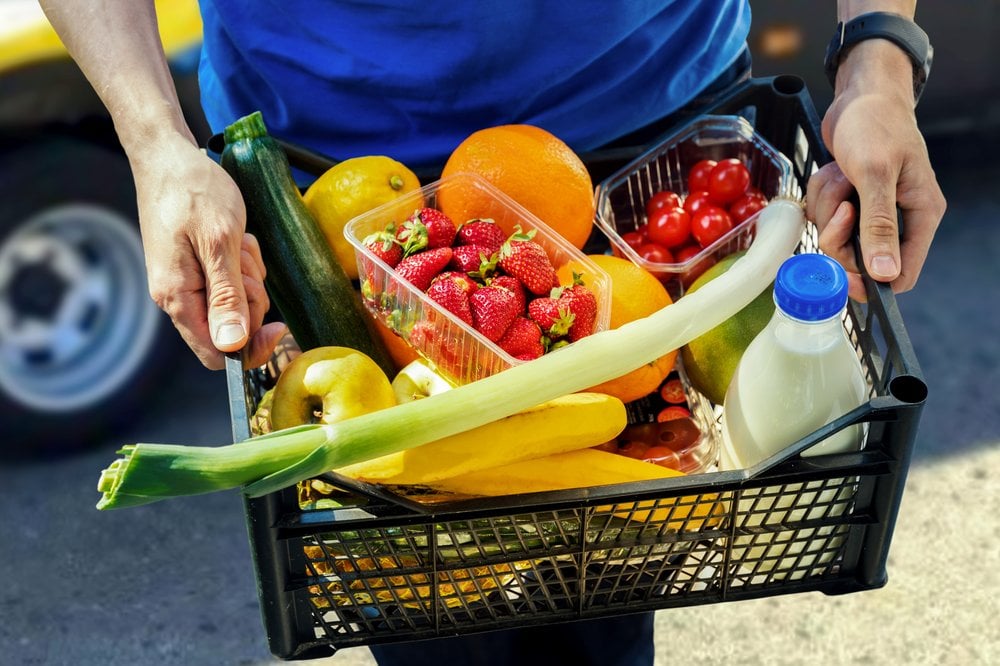What is the cost of living crisis?

The UK is facing a perfect storm of increasing prices, soaring bills and tax rises. We explain the likely impact and what can be done to protect the most vulnerable families
With inflation - the measure of how much prices are rising - reaching its highest rate for 30 years, families in the UK face a devastating 'cost of living crisis'.
The causes are complex. Rising costs are linked to the pandemic and other global economic factors. The conflict in Ukraine has pushed fuel prices higher still.
Experts predict that the hit to households this year could increase to around £43 billion - far outstripping the £9 billion pounds the Government has announced to help with our energy bills.
The timing couldn't be much worse. The pandemic was a big financial blow to many, especially families with children. In January 2021, around three in ten UK families with children (27%) were living on a lower income than before the pandemic – compared with 17% of those without children.
Years of stagnant wages and cuts to social security had already left many badly exposed to unexpected shocks. Only six months ago the Government cut back Universal Credit, costing families over £1,000 a year just as prices started to rise.
The consequences of this are clear: households are facing a painful squeeze on their incomes. Unsurprisingly, it’s low-income families that will be the hardest hit.
In this country, more than 4 million children were living in poverty last year. We know that children are more likely than any other group to already live in poverty. They are particularly vulnerable as prices rise.
Families with children are also twice as likely to be 'fuel poor' - meaning the cost needed to heat their home would push them below the poverty line - as households without children.
Price rises hurt the poorest hardest, because things like food and energy bills already make up a bigger proportion of their outgoings. According to the Resolution Foundation, the poorest 10% of households spend twice the share of their family budget on food and energy bills compared to the richest 10% of households. As a result, inflation rates for the poorest families could reach over 10% this year.

Millions of families were facing hardship long before the current pressures came to dominate the headlines. And many more are likely to be pulled into poverty and destitution unless the government acts now.
We can lift children out of poverty if we mobilise our public services and social security system to protect their childhoods and their future life chances. But right now, when parents face unexpected challenges – losing a job, becoming ill, even one-off expenses – there's little support to help them make ends meet.
Having working parents is no guarantee of growing up free of poverty. Three quarters of children in poverty now live in families where at least one person works - that's up from 49% in 1998.
Support for those out of work is at its lowest level since 1990. For many, the current system of benefits barely provides enough to cover even the most basic of needs, let alone being sufficient to actually reduce growing levels of poverty and inequality.
It's time to end child poverty.
It doesn’t have to be this way. The government has the power to tackle poverty and reduce the impact of the cost of living crisis on the most vulnerable families.
At a minimum, the government should ensure that benefit levels rise in line with the cost of living.
At Action for Children, we have thousands of frontline workers supporting children every day. We've seen children without a bed sleeping on the floor with just blankets. Families phoning us because they have no money to feed their children. A level of poverty that should be confined to history.
Explore the impact of child poverty in your local area
Keep up to date with Action for Children!
Sign up to our newsletter



